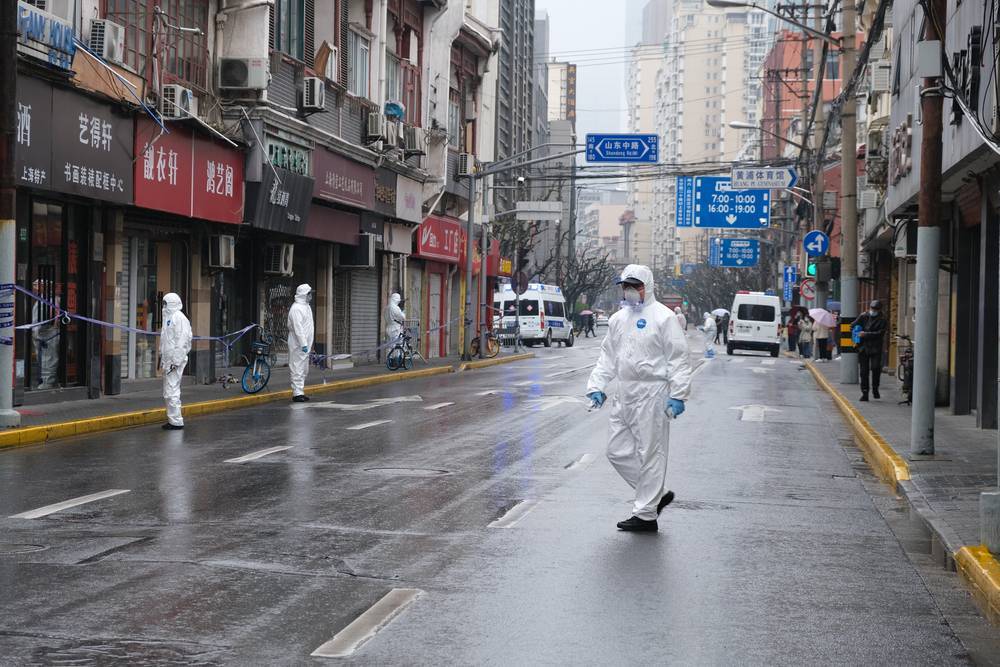A week after protests against tight policies, China rolls back strict COVID rules which include forced quarantine camps.
Home quarantine for people with mild and no symptoms and freer to travel around the country are among the new relaxed COVID controls in China. Individuals are also no longer required to present test results in venues.
While citizens have shown relief with the changes after being locked in for almost three years, they have also expressed concerns due to the sudden shift. Some expressed online that the immediate shift will rattle medical institutions and increase the number of infected elderlies.
Similar to the rest of how the world is coping with the pandemic, it is expected that China will slowly move away from its strict zero-COVID policy and move forward into living with the virus.
Up to this day, China had insisted people who have had close contact with an infected person or are infected go to quarantine camps. This is despite reports that some centres have poor living conditions and insufficient staff.
On Wednesday China’s National Health Commission announced the following relaxed policies:
- The goal is to decrease testing. Although PCR tests are still needed for schools, hospitals and nursing homes – lateral flow tests will be replacing PCR tests in most situations.
- Only targeted areas will continually undergo lockdowns. Areas such as particular buildings, floors or units opposite having an entire neighbourhood or city on lockdown.
- If no new cases are found within 5 days of being in lockdown, “high-risk” areas will not continue being shut down.
- When there are no campus outbreaks, schools can remain open with student attendance.
The new guidelines also strictly prohibit the blocking of fire exits for people to access in case of emergency without being hindered by pandemic measures.
Authorities added the need to expedite the vaccination of senior citizens. While China’s borders remain closed for most foreigners, experts say its accelerated change shows possibilities of the country re-opening next year.

